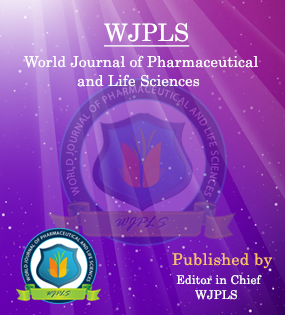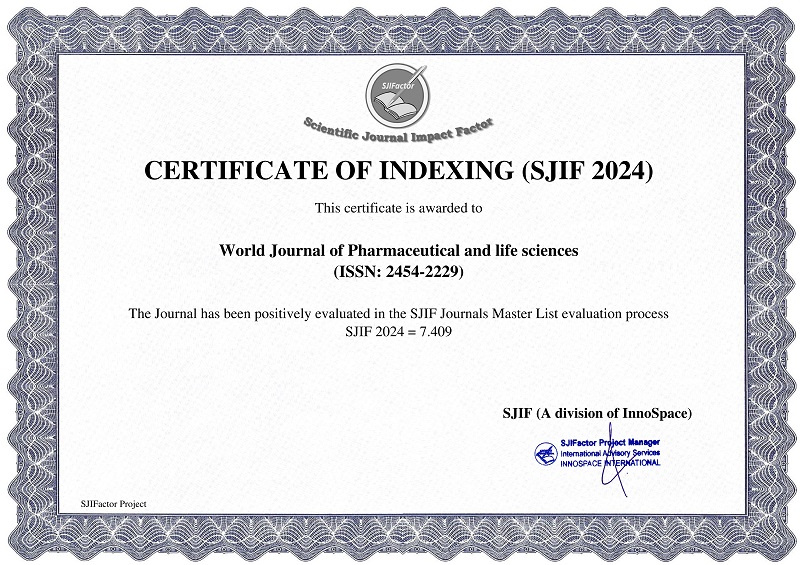Abstract
AUTOIMMUNE LYMPHOPROLIFERATIVE SYNDROME (ALPS) : A CASE REPORT AND REVIEW OF LITTÉRATURE
N. Seghrouchni*, S. Boujmil, H. Berrani, M. Sabib, T. Meskini, S. Ettair
ABSTRACT
Introduction: Autoimmune Lymphoproliferative Syndrome (ALPS) is a rare genetic disorder characterized by defective apoptosis of lymphocytes, particularly via the Fas/FasL pathway. This defect leads to the accumulation of abnormal double-negative T cells (CD3? TCRαβ? CD4? CD8?), chronic lymphadenopathy, splenomegaly, autoimmune cytopenias, and an increased risk of B-cell lymphoma. Most cases are due to heterozygous mutations in the FAS gene, often affecting the intracellular death domain. Somatic mutations or defects in other apoptosis-related genes such as FASL, CASP10, or FADD can also cause ALPS. Case report : We report an 8.5-year-old boy presenting with pallor, generalized lymphadenopathy, and splenomegaly. Laboratory and immunological work-up revealed autoimmune cytopenias and increased double-negative T cells. Genetic testing confirmed a heterozygous FAS mutation, establishing a diagnosis of ALPS-FAS. Treatment with intravenous immunoglobulins and mycophenolate mofetil led to clinical and hematologic improvement. Discussion : Diagnosis is based on a combination of clinical, immunological (e.g., increased DNTs, biomarkers like elevated vitamin B12, IL-10, and soluble FasL), and genetic criteria. Updated classifications distinguish ALPS subtypes depending on the genetic profile and results of functional apoptosis assays. Clinical expression is variable, and some mutation carriers may remain asymptomatic. Treatment aims to manage autoimmune manifestations, with corticosteroids as first-line therapy. In refractory cases, immunosuppressive agents such as mycophenolate mofetil or sirolimus are effective. Splenectomy is now avoided due to high infectious risk. Long-term monitoring is essential because of the increased risk of lymphoma. Conclusion : ALPS serves as a model disease for studying immune tolerance and lymphocyte homeostasis. Advances in molecular diagnostics have improved disease recognition, allowed for personalized therapies, and significantly enhanced patient outcomes.
[Full Text Article] [Download Certificate]WJPLS CITATION 
| All | Since 2020 | |
| Citation | 590 | 424 |
| h-index | 12 | 10 |
| i10-index | 17 | 14 |
INDEXING
NEWS & UPDATION
BEST ARTICLE AWARDS
World Journal of Pharmaceutical and life sciences is giving Best Article Award in every Issue for Best Article and Issue Certificate of Appreciation to the Authors to promote research activity of scholar.
Best Article of current issue
Download Article : Click here





